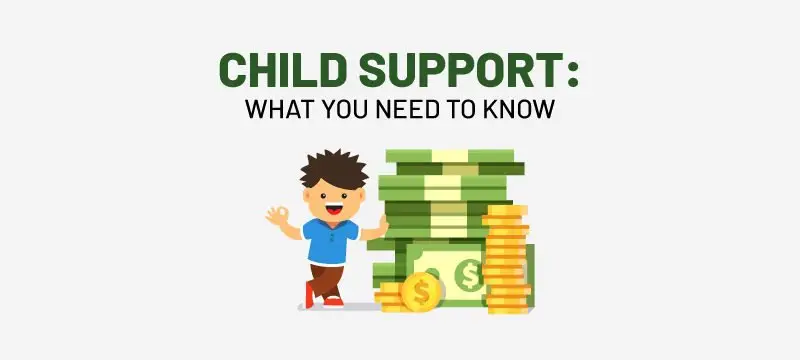Divorce is undoubtedly a challenging chapter in anyone’s life, and when children are involved, the emotional stakes are even higher. The idea of breaking the news to your children can be overwhelming, but approaching the conversation with care and understanding can help ease the transition for everyone involved.
If possible, both parents should sit down together to calmly share the news of their divorce and to be prepared with how they will answer questions they can predictably receive. To head off potential sources of conflict, both parents should agree ahead of time about what to say and what not to say. This is a time when kids need to be reassured, to get answers to basic concerns and thoughts, and the best way to do that is to show your children that you both will be there for them as co-parents.
Timing Matters
Timing is key when it comes to discussing divorce with your children. Ideally, both parents should sit down with their children to discuss the impending changes in a unified and well-prepared manner. Here are some tips to help you determine the right time:
Choose a Calm and Stable Period
Timing is crucial. Avoid breaking the news during stressful periods, such as exams or major family events. Pick a time when the household is relatively calm, and you can dedicate ample time to answer their questions.
Avoid Surprises
While it might be tempting to delay the conversation, don’t wait until the last moment. Give your children some notice before significant changes occur. This helps them prepare emotionally for what lies ahead.
Keep it Age-Appropriate
What you say will depend on the age and maturity of your child. You don’t want to overwhelm children with details, and it is generally better to let them ask questions rather than try to give them a lot of information they aren’t ready for. Tailor your approach based on the age and maturity level of your children. Younger kids need simpler, more straightforward explanations, while older children may require more details and opportunities for open dialogue.
Approaching the Conversation
Now that we’ve discussed the right timing, let’s dive into the how:
Be Prepared to Provide Clarity without Blame
Children appreciate honesty, even when it’s difficult to share. Use clear and simple language to explain the situation, reassuring them that they are not at fault and that both parents will continue to love and care for them. But avoid trying to assign blame or fault to one parent or the other. The “truth” is less important than providing the support and reassurance that your children need. Don’t put them in the middle of conflict and allow them an opportunity to transition successfully.
Present a United Front
Whenever possible, both parents should be present during this discussion. Demonstrating a united front can help alleviate confusion and uncertainty. It’s also important that your children hear this news at the same time and directly from their parents as opposed to a sibling or other relative.
Listen and Validate
Encourage your children to express their feelings and concerns. Listen attentively and validate their emotions, reassuring them that their feelings are important and understood. The most important thing kids want to know is how your divorce is going to affect their lives in terms of where they will live, with whom, at what times, if changes will disrupt their friends, activities and school life. Be prepared if possible to explain how their lives may change.
Offer Reassurance
Emphasize that the love you have for your children remains unchanged and that you will work together to ensure their well-being. The best way to reassure kids after a divorce is to show them that you and the other parent are on the same team. Even if you are struggling for custody, the child should understand that you both still love them and will try to co-parent as best as possible.
Helping Children Cope
Navigating divorce to protect children throughout the process is essential. Here are a few additional tips to help them cope with the news:
Encourage Open Communication
Create an environment where your children feel comfortable discussing their emotions, fears, and concerns. Reassure them that it’s okay to share what’s on their minds.
Maintain Routines
Stability is crucial during times of change. Try to keep routines as consistent as possible to provide a sense of security and normalcy.
Seek Professional Support
If needed, consider involving a child psychologist or counselor to help your children process their feelings and emotions during this challenging time.
Breaking the news of divorce to your children is a delicate task, but approaching it with empathy and a thoughtful plan can make a significant difference in how they cope with the changes ahead. Remember, every family is unique, so tailor your approach to what’s best for your children and your family’s dynamics.
At San Diego Divorce Mediation and Family Law, we understand the complexities of divorce, especially when children are involved. Our experienced mediators are here to guide you through this challenging time and help you navigate the path toward a peaceful resolution that prioritizes the well-being of your family. Contact us today to learn more about our services and how we can assist you during this transition.










